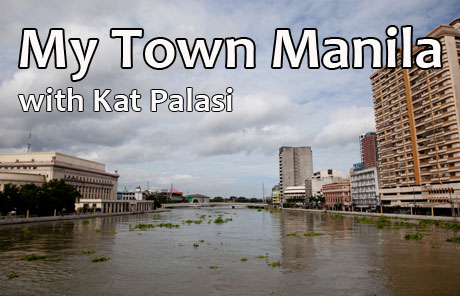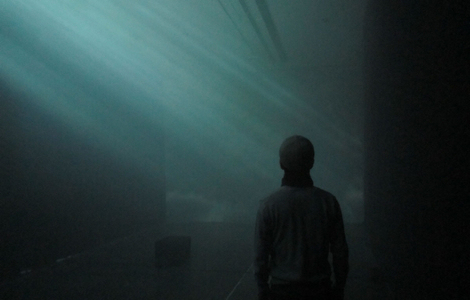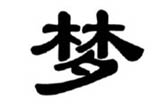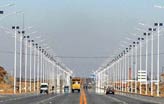Look beyond Bohai Bay
Updated: 2011-09-09 07:54
(China Daily)
|
|||||||||
Things seem to be taking a dramatic turn in the dispute over the oil leak at Peng Lai 19-3 in the Bohai Bay.
ConocoPhillips China, the operator of the offshore oil field, which has drawn public anger for the perfunctory manner in its response to the leaks first detected in early June, has announced a plan to set up a special fund "to address ConocoPhillips' responsibilities in accordance with relevant laws of China and to benefit the general environment in Bohai Bay".
A more consoling message came from a State Council meeting on Wednesday presided over by Premier Wen Jiabao, which ordered a thorough investigation of the incident.
As of Tuesday, the oil spills have polluted an accumulated 5,500 square kilometers in the Bohai Bay, resulting in severe damage to marine environment and local fisheries. ConocoPhillips China, as the obvious culprit, however, has resorted to various pretexts to play down the seriousness of the oil spills and evade its responsibilities.
Most unsettling of all, the leaks were not stopped until the State Oceanic Administration (SOA) ordered the company to stop production at the end of last week. But even so the potential risks still exist and new spills might take place at any time.
ConocoPhillips China and its partner in the field, China National Offshore Oil Corp, must do everything in their power to determine the risks and eliminate them to prevent any new spills, cooperate with investigators to ascertain the real scope of damage, and fulfill their compensation responsibilities in accordance with law. And it would be better if the proposed fund can do more than that.
In the face of ConocoPhillips' arrogance, the order from the State Council will hopefully ensure a fair and satisfactory end to the episode.
The State Council meeting was reassuring in that it also looked beyond this incident. The immediate inspections on production safety in the offshore oil industry it has deployed, together with its endeavors to improve the laws protecting the marine environment, will have a long-term effect on the offshore drilling. We need sensible precautions, not just in Bohai Bay, to make sure similar incidents do not occur again.
The six measures proposed at the meeting to control pollution in the Bohai Bay and to repair its ecosystem indicate a keen awareness of the issues involved. But their implementation entails more than just policy statements on the government's part.
When corporate self-discipline fails, there must be laws that truly bite.
Bohai Bay is a semi-closed inland sea whose self-purifying capabilities are weak. Concentration of industries along the coastal belt has imposed unbearable environmental burdens on it. Serious pollution has led to repeated calls for a special law to protect the marine environment. The current accident has renewed such concerns, which we strongly believe need addressing.










